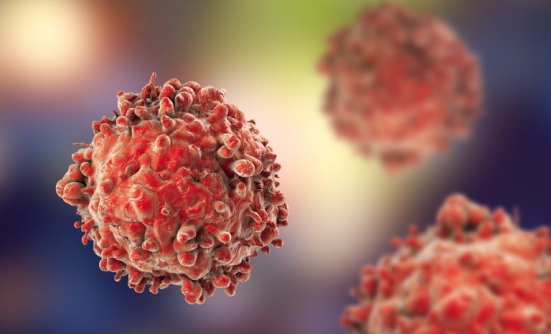Multiple myeloma affects white blood cells found in bone marrow. Patients with blood cell diseases are at increased risk for multiple myeloma. Because plasma (blood) cells also play an important role in the body’s immune system, patients with autoimmune diseases may also be at a higher risk for multiple myeloma. For example, patients with pernicious anemia are 50% more likely to develop multiple myeloma than other people.
Chromosome Abnormalities
Researchers are now studying the genetic makeup of patients with multiple myeloma without preexisting conditions to look for additional genetic risk factors. Investigating how normal plasma cells become cancerous, scientists have found that normal blood cells can be affected by chromosome abnormalities or genetic changes.
Chromosome abnormalities involve the number or structure of the chromosomes. About 50% of all cases of multiple myeloma are linked to the absence of chromosome 13. Another 40% of cases involve structural abnormalities in chromosomes, specifically translocation, or the mismatching of chromosome parts.
These chromosome abnormalities explain the wide variation in how patients with multiple myeloma respond to treatment. Identifying an individual abnormality allows physicians to predict treatment outcomes for their patients, while researchers can continue to develop treatments specifically targeting high-risk abnormalities associated with multiple myeloma.
Other Genetic Risk Factors
Researchers are also discovering genetic changes that form in multiple myeloma cells.
Genetic changes that cause blood cells to become cancerous most often occur in what is known as “oncogenes,” which promote cell division, and “tumor-suppressor genes,” which slow down the rapid division of cells or cause cell death.
Knowing when and where genetic changes occur affects how multiple myeloma should be treated. For example, some specific oncogene changes develop early in blood tumors, while other changes are not seen in multiple myeloma cells until after treatment. Changes in tumor-suppressor genes are associated with the spread of multiple myeloma to other organs.
MyPRS: New Genetic Test
The discovery of these genetic changes has led to the development of a test that provides a unique genetic profile of a patient with multiple myeloma. The test is called Myeloma Prognostic Risk Signature (MyPRS) and measures the levels of 70 risk-related genes, offering a risk score for relapsed disease that is unique to each patient, which allows for personalized treatment.
In February, the FDA approved the use of MyPRS as a criterion for patients entering into a new clinical trial for patients with high risk for multiple myeloma.
Patient Resources
Multiple Myeloma Research Foundation
http://www.themmrf.org/multiple-myeloma/multiple-myeloma-causes/myeloma-risk-factors/genetic-factors/
International Myeloma Foundation
http://myeloma.org/Main.action















